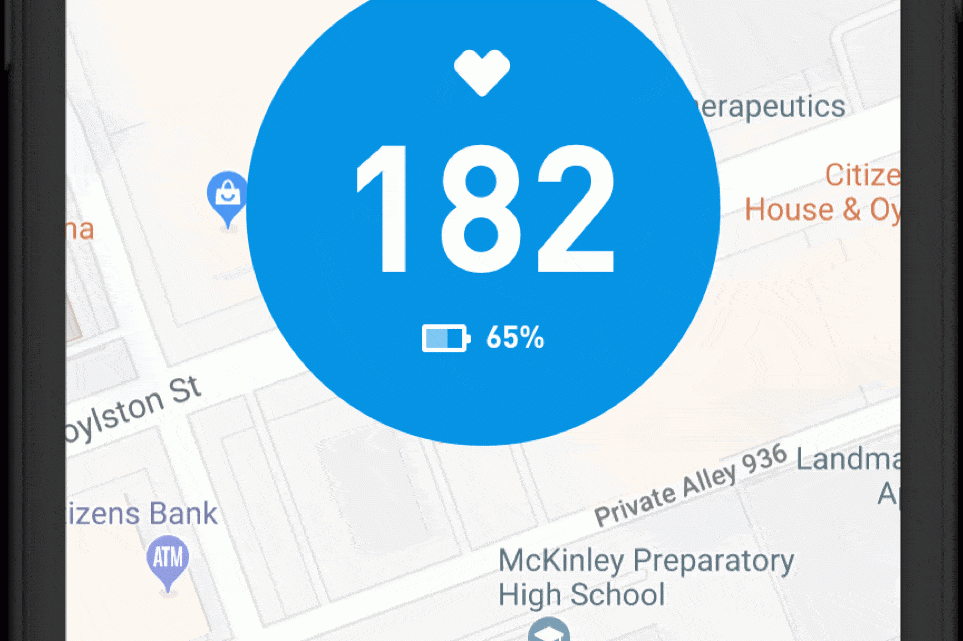
How Whoop with his Wearable of the same name wants to survive against Apple and Google in professional sport
20. November 2019How Whoop with his Wearable of the same name wants to survive against Apple and Google in professional sport
New York, 20,111,2019
With the golfing stars Tiger Woods and Rory McIlroy, the owners of Whoop already have two convincing stars on their screens as driving forces for their ambitious expansion plans. As the NBA and other professional sports leagues increasingly view biometric data as a competitive advantage, Whoop’s portable device managers want to establish their subscription service as the technology of choice for top athletes.
The company was founded in 2012 by former Harvard University squash captain Will Ahmed. With Whoop, biometric data can be collected and evaluated to provide wearers with recommendations for their sleep plan, training intensity and timing. The first effect is that they can speed up their training or have to slow it down if they are overworked. Second, injuries are avoided and training can be maximized. Thirdly, star athletes will be able to prolong their playing careers, giving the leagues a larger talent pool.
Recent investors include former NBA Commissioner David Stern and NBA superstar Kevin Durant. Whoop has raised more than $100 million in its four investment rounds to date. Instead of charging users for the Whoop wristband itself, the company operates a subscription model starting at $30 per month. Subscribers receive the portable Whoop 3.0 free of charge as part of the registration process.
While Ahmed refused to reveal how many professional athletes are currently using Whoop, he did indicate that users are active in every major sports league.
As a relatively new technology, wearables in professional sports are being closely scrutinised, with most leagues still looking at how best to use the equipment and taking privacy concerns into account. The MLB allows the use of the equipment in the game, while the NBA collective agreement allows the voluntary use of wearables in practice, subject to strict guidelines by the teams.
Whoop completed its final investment round just days after receiving a major competitor. Google entered the wearable technology sector with the acquisition of FitBit – probably the most popular device on the market – and generated revenues of more than $2 billion.
Apple is also committed to consumer health with its own portable device, the Apple Watch and Apple Health App. According to Strategy Analytics, Apple is by far the market leader in this category with a market share of 46 percent. Fitbit’s market share is only 10 percent, but that may change after the Google deal.
Ahmed said he sees increased competition as proof that portable technologies are gaining mainstream acceptance. „It’s a sign that the data collected by FitBit is very valuable, and we see it as positive for the market.“


